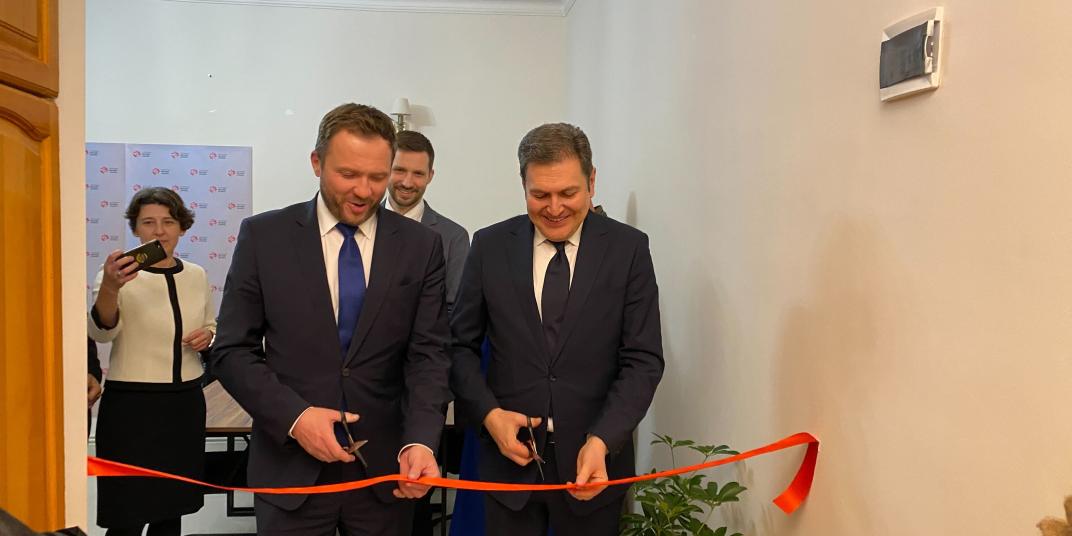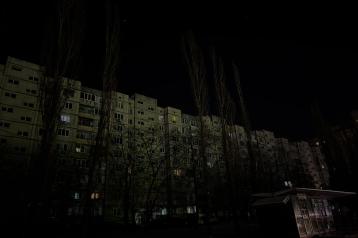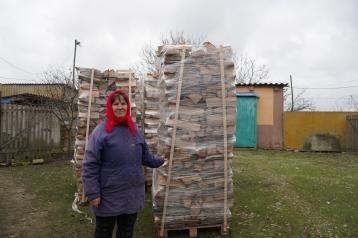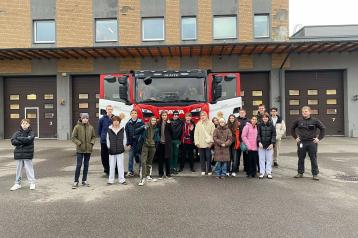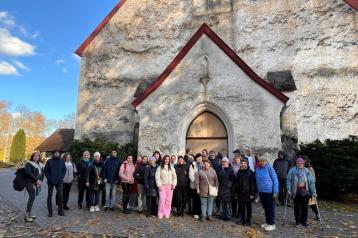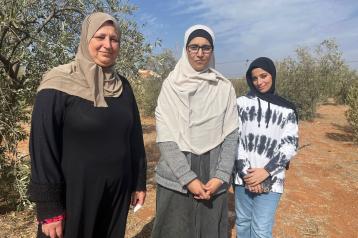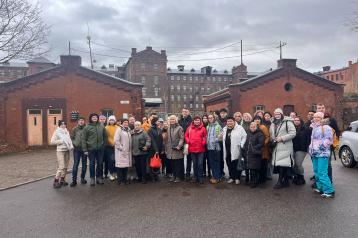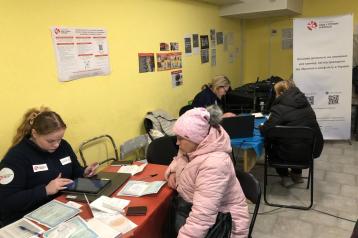Countries
Press release 13.12.2023
Today, Estonian Foreign Minister Margus Tsahkna, Armenian Deputy Foreign Minister Paruyr Hovhannisyan and Estonian Refugee Council's Director Eero Janson opened the representative office of Estonian Refugee Council in Yerevan, Armenia.
"The decision to open a representative office in Armenia was made at the beginning of the summer, when it was clear that a new crisis was coming soon. Our focus here is on refugees who have fled Nagorno-Karabakh, as well as people who have arrived in Armenia from other countries and need protection. At the moment, we are starting to cover acute humanitarian needs through cash-based aid, but for the coming year we are already planning longer-term interventions that would help people rebuild their lives," said Eero Janson, Director of ERC from Yerevan.
Since September 19, more than 101,800 people who left Nagorno-Karabakh have reached Armenia. In addition, Armenia continues to host more than 30,000 people who fled Nagorno-Karabakh after the 2020 conflict, as well as nearly 4,000 people in need of protection from other countries.
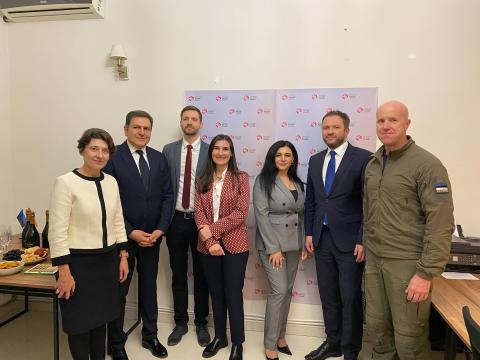
Estonian Refugee Council will start providing humanitarian assistance in the northern part of Armenia, in Lori and Shirak regions, where 200 elderly refugees will receive multipurpose cash assistance(MPCA) in the amount of 50,000 AMD (about 115 EUR) per person per month with the support of the Estonian state. In 2024, activities supporting long-term survival are planned, including subsidies for starting agriculture and small businesses. The provision of humanitarian aid on the spot is organised by the ERC's own team in cooperation with local organisations.
MPCA allows those in need to decide what they need most critically at the moment. It is usually used to pay for food, drinking water, medicine, hygiene products and housing. The rate of cash-based aid is agreed upon in cooperation with other humanitarian organisations operating in the region. Activities that support long-term livelihoods, such as support for starting agricultural and business activities, help people who have settled in a new residence to achieve independent livelihoods for their households faster. ERC has previous experience in implementing similar assistance programmes in Ukraine and Georgia, among others.
The donation campaign "For Armenia!" is up on the ERC's website: https://pagulasabi.ee/et/armeenia-heaks. Estonian Refugee Council is grateful to everyone who can support the relief of the humanitarian situation in Armenia.
Photos author: Estonian Refugee Council
